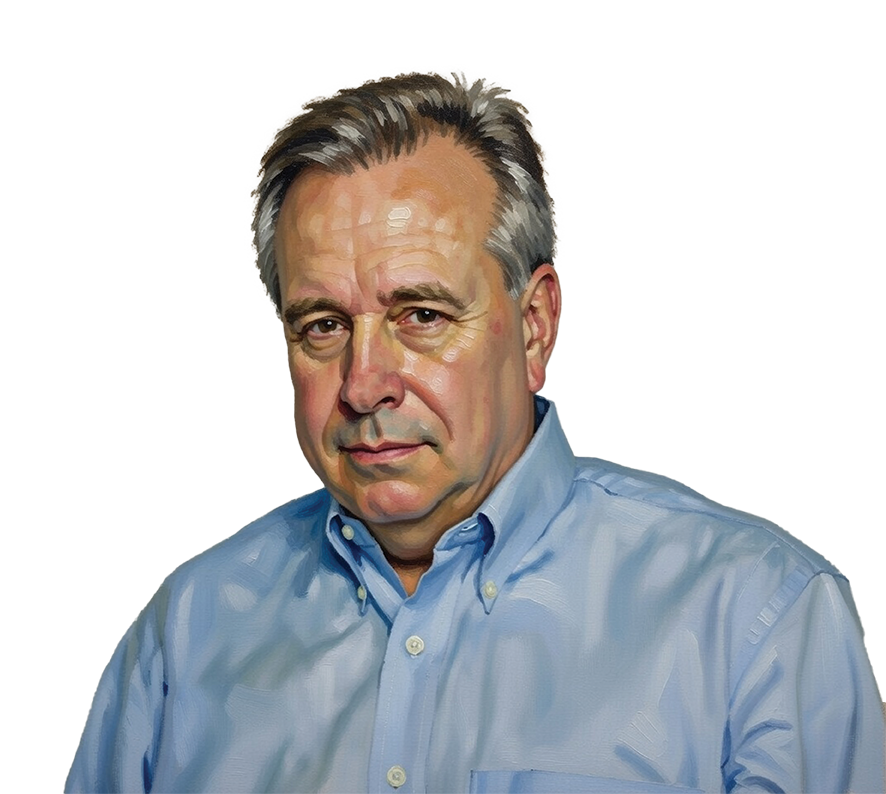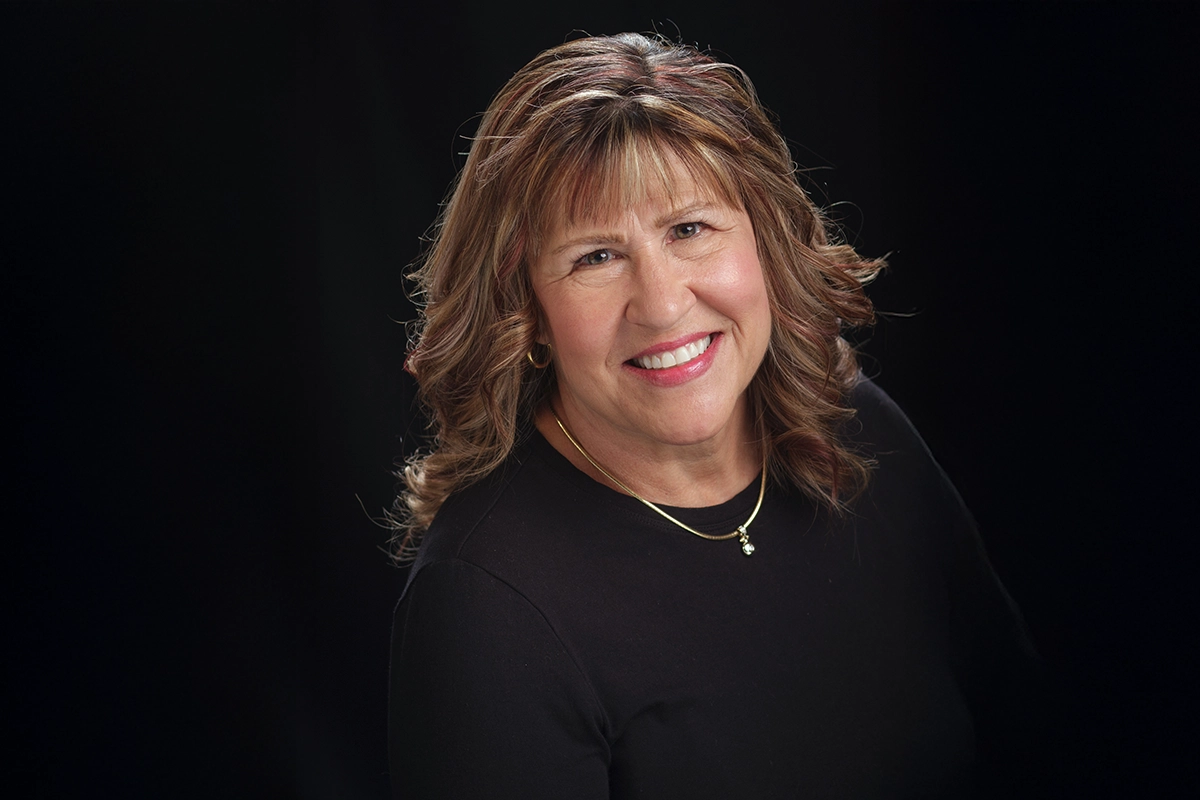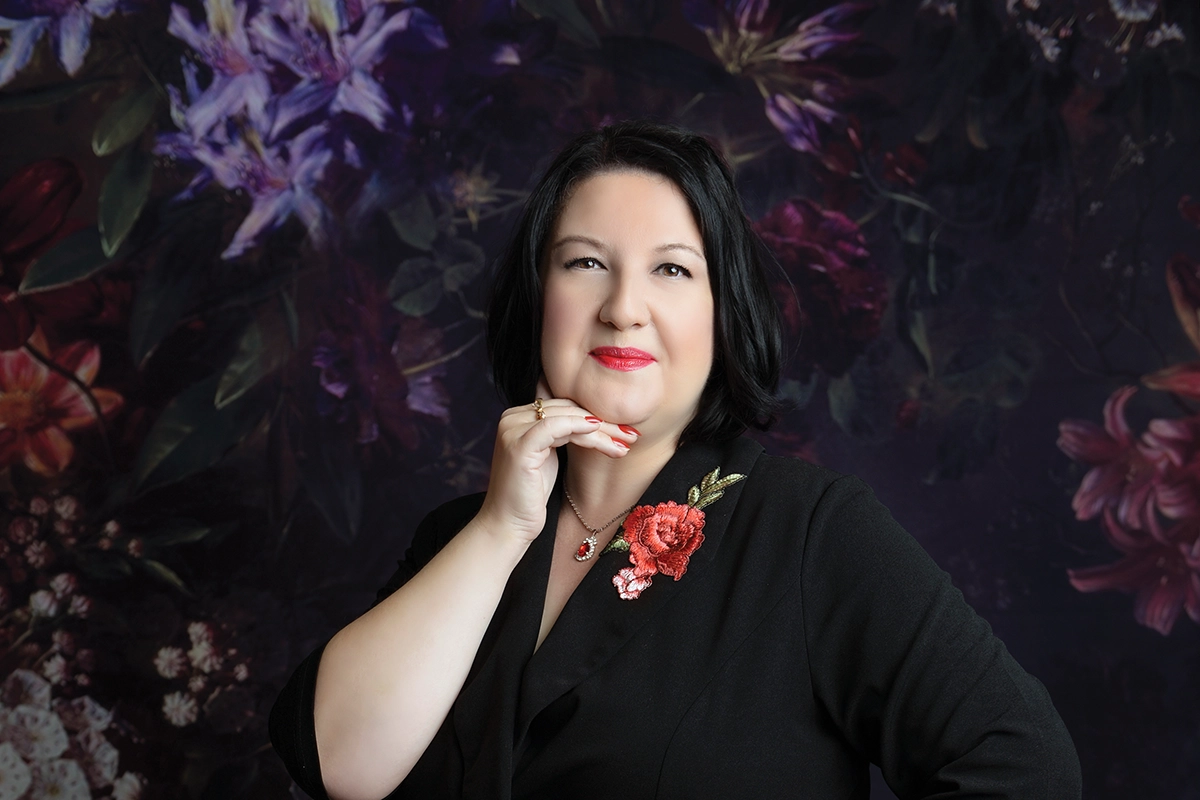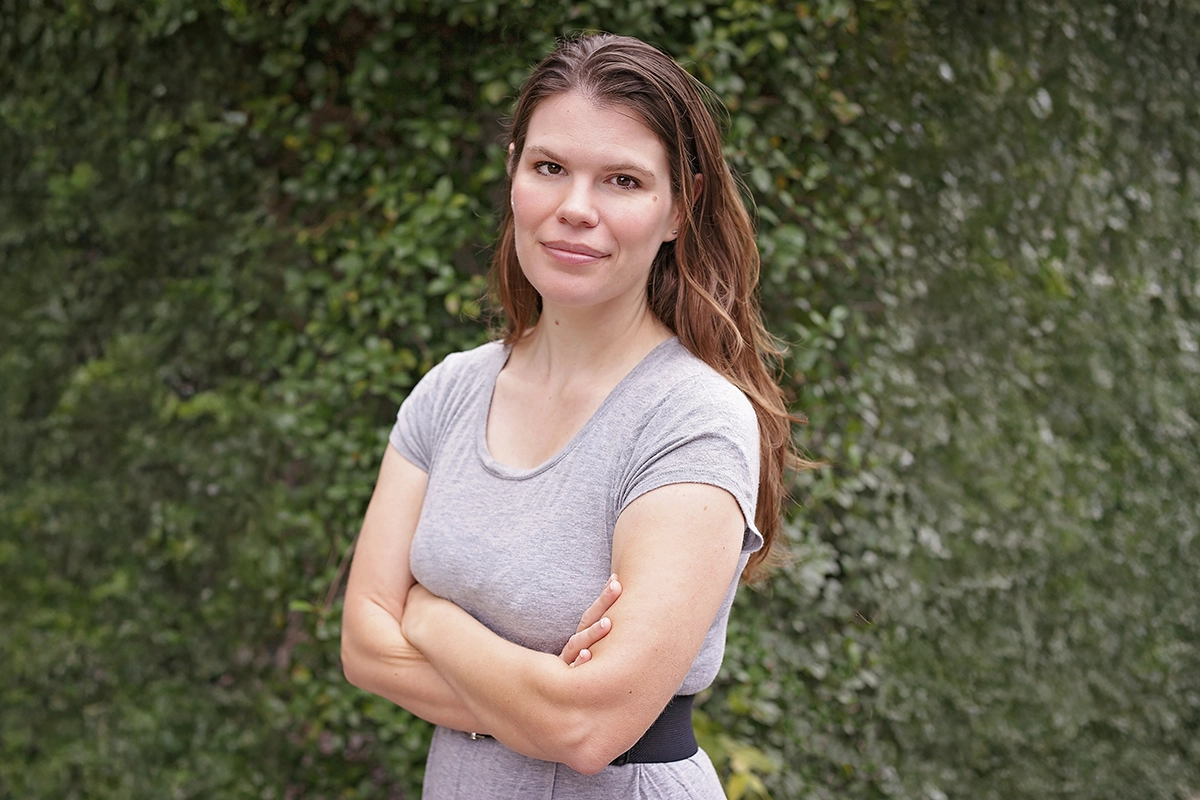Lisa Monde Brings History and Imagination to Life Through Theater and Music

PHOTO: Lisa Monde, acclaimed author, playwright, and composer, captured in a thoughtful moment. Credit: Shane Maritch
Award-Winning Playwright Explores Art, History, and the Power of Storytelling
Lisa Monde discusses her journey from young composer to award-winning playwright, revealing her creative process, artistic influences, passion for historical drama, and commitment to authenticity in every aspect of her work.
Lisa Monde is a rare kind of artist—one who moves seamlessly between disciplines while maintaining an unmistakable creative signature. Whether she’s writing sweeping historical dramas, composing hauntingly beautiful scores, or bringing complex characters to life onstage, Lisa’s work resonates with both emotional depth and intellectual rigor. Her plays and musicals are more than performances; they are immersive experiences, crafted with precision, heart, and an unshakable respect for both history and artistry.
A celebrated playwright and multi-award-winning author, Lisa’s impact on contemporary theater cannot be overstated. Works like I Know All Save Myself Alone and Saint Francis: Religion of Love demonstrate her extraordinary ability to breathe life into historical and literary figures with sensitivity, authenticity, and imagination. Her Off-Broadway hit Dracula: Finding of a Shadow redefined the vampire mythos, earning widespread acclaim and a series of prestigious accolades. And with Dali’s Dream, Lisa took audiences on a surreal, psychologically rich journey that blended biography, fantasy, and philosophical reflection—cementing her reputation as a visionary storyteller.
In this exclusive conversation, Lisa shares the inspirations behind her most beloved works, her multifaceted creative process, and the wisdom she’s gained from her years as both a creator and a critic. We are honored to feature this interview with an artist whose voice, vision, and versatility continue to inspire audiences around the world.
Lisa Monde is a masterful storyteller whose multidisciplinary brilliance and dedication to authenticity elevate modern theater to profound, unforgettable heights.
What first inspired you to begin writing plays and musicals, and how did your background in linguistics influence your artistic voice?
Music came into my life before anything else. It would be fair to say that the starting point of my journey into the musical theatre world as a creative individual was the musical Notre Dame de Paris by Richard Cocciante and Luc Plamondon, which I saw at the age of 14. At 15 I wrote my very first musical – Songs About Fairytales. The music score, book, and lyrics were written by me. The victory in the competition of young composers lit the green light and the musical was performed for almost ten consecutive years on various stages of Eastern European countries. Then there were six more productions of my musicals, I also created music design and wrote original soundtracks and songs for several plays.
Since I often act as a playwright, and not just a songwriter, or composer, my master’s degree in English Linguistics certainly proves to be useful.
Can you describe your creative process when adapting historical or literary figures into dramatic works?
That is a very interesting question. One of my first musicals, the main character of which was François Villon – the French poet of the 15th century – was created based on an extensive analysis not only of the life of this medieval poet but also of his poetic heritage. Knowledge of French played a major part in this process. My play I Know All Save Myself Alone and the musical I Cry You Mercy Everyone (based on the play) had several productions each on various stages of NYC, the play was published and went through two printed editions, as well as received high praise from the specialists – literary scholars and historians.
When I was asked to write a play about Saint Francis of Assisi, I hesitated, since I was not very familiar with his life. I had to dive into my research of Saint Francis’s life and right away the music started playing in my head… A new historical drama – Saint Francis: Religion of Love – was born, and we presented it at the Saint Francis College in Brooklyn, as part of the St Francis and St Clare Celebratory Week 2022.
When literary characters or historical characters enter my plays or musicals, I adhere to one simple rule: you cannot “think out” a literary character for the author who created it, for example, when trying to turn Peter Pan or Alice from Wonderland into adults. Just like one shouldn’t transform the bloodthirsty Count Dracula into a total crush of the female part of humanity. If dealing with a historical character – I advocate for the authenticity of the image.
“You cannot ‘think out’ a literary character for the author who created it.” — Lisa Monde
How do you balance your roles as a playwright, director, composer, and performer across so many productions?
The process of creating any literary or musical work is always difficult for me, in a good way, of course. The production stage – is a “nervous” period: too much does not depend directly on you. If I act both as a director and an actor, I never have enough time to work on my character as much as I would have liked to. But the pleasure I get when the characters I created come to life on stage is worth all the previous “torment”. I cannot even begin to tell you how many nuances emerge in the process of creation of the characters by the actors, which I had not even thought about until it came to staging! I can say that for the sake of this pleasure, I am ready to continue to endure all the creative torments, organizational difficulties, ups and downs.
“Set the bar extremely high for yourself, in everything that concerns creativity.” — Lisa Monde
Which of your plays has been the most personally meaningful for you and why?
There are two of them. The first is – Dracula: Finding of a Shadow. I am partial to Bram Stoker’s novel. I have read and studied so many materials on the vampire theme – I can’t count them all. Therefore, the play was not only produced on stage several times but was included in an anthology of the same name. It contains my essays on the appearance of the image of Dracula and its evolution in cinema, theatre, and literature, as well as an exclusive interview with Bram Stoker’s great grand-nephew – Dacre Stoker – who kindly shared with me the writer’s recently discovered diaries. Yes, the gothic vampire theme suits my music very well!
The second – is Dali’s Dream. I love Salvador Dali’s work. I visited all the museums and iconic places associated with him both in Spain and other countries. The premiere of my play Dali’s Dream Off-Broadway was timed to coincide with the 120th anniversary of the painter’s birth. This is the story of Dali and Freud’s meeting, which Dali passionately sought for. They met briefly in London, but Dali dreamed of something else: for Freud to “dig” into his unconscious. And in the play, I gave them such an opportunity – Dali ended up on the couch of the great psychoanalyst, who gave him the most important diagnosis in his life. An experimental art film was made based on the play, the premiere of which took place at the Dali Museum in St Petersburg, Florida.
How has your experience as a theatre critic influenced your own writing and directing style?
Certainly, my work as a musical theatre critic, writing for several online and print publications, gives me a sense of complete immersion into everything that is happening in the field of musical theatre. I watch not only shows on Broadway but also attend European premieres and revivals, dedicated to the anniversary of a particular musical. Since I work a lot with creators and performers – I interview them for my publications – my circle of acquaintances in this world expands. Of course, conversations with such great composers and lyricists, creators of immortal hits as Alan Menken, Claude-Michel Schönberg, Tim Rice, Michael Kunze and Sylvester Levay, and many others, broaden my horizons and answer many questions that my readers and I are looking for answers to. The opportunity to show my new work to the Masters of Musical Theatre is priceless to me as an author.
“There is always a fine line between the interweaving of reality and the unreal.” — Lisa Monde
What do you hope audiences take away from your plays, especially the historical and biographical ones?
It often seems to me that the spectators perceive certain moments in my plays differently from what I expected… Perhaps it is because most of my plays can be classified as magic realism. There is always a fine line between the interweaving of reality and the unreal. That’s why I like to conduct surveys among viewers, their feedback is important to me.
What advice would you give to emerging playwrights who wish to write and stage original works?
I often ask this question myself during my interviews. I would answer this way: set the bar extremely high for yourself, in everything that concerns creativity. Don’t simplify your task, and don’t look for easy ways, if you choose to write for the theatre. The stage, like a magnifying glass, will reveal all your shortcomings – voluntary and involuntary. At that, know that the viewer is looking for new original plays, unexpected plot twists, and answers to the most relevant questions of our time.

















